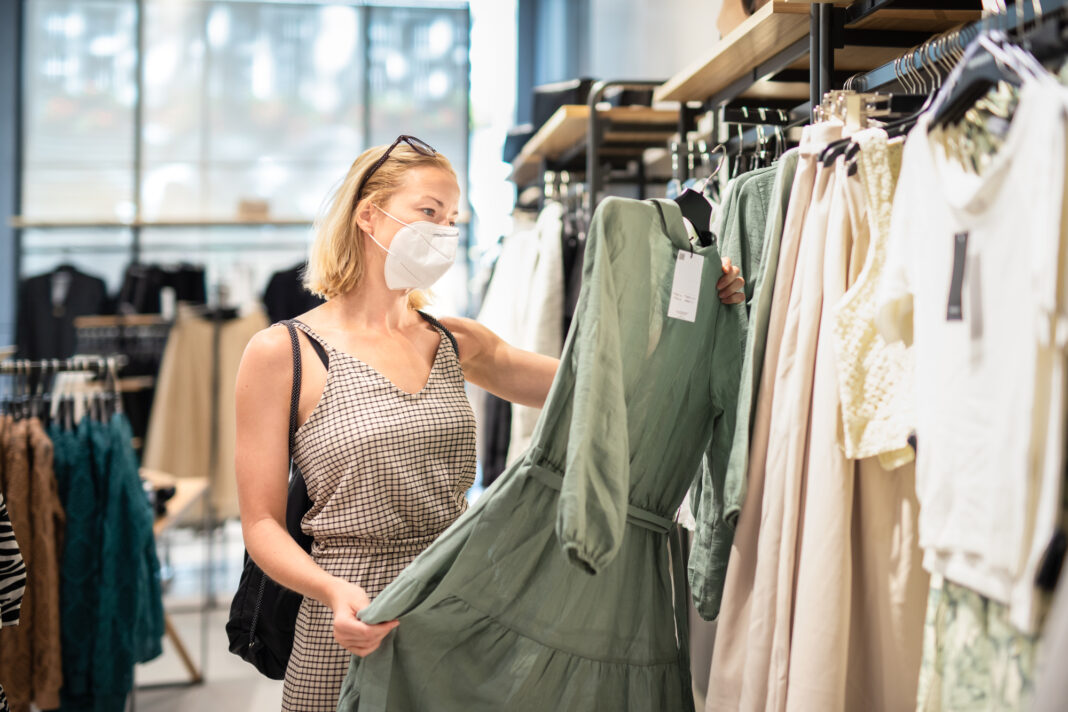More bad news for those of us trying to cut down on our carbon emissions — that ‘eco-friendly’ jumper you just bought may not be as sustainable as you think.
Major sports store chain Decathlon and fashion chain H&M were caught out making claims that their products are sustainable, but without giving any information to customers about what ‘sustainability’ entails, reports the NOS.
Fined!
In light of this discovery by the Netherlands Authority for Consumers & Markets (ACM), both stores have made commitments to adjust or no longer make sustainability claims on their products.
Decathlon and H&M were also asked to make rather large donations to various sustainable causes to make up for their false claims. A grand total of €900,000 combined from the two stores has now been donated.
Maybe those hefty donations will teach them to use those eco-friendly materials they keep talking about! 🌲
READ MORE | How sustainable are your groceries? Dutch supermarkets flake on sustainability promises
New commitments
Both companies have promised to make commitments to ensure their sustainability claims are true and must follow the guidelines given by the ACM;
- Make clear what sustainability benefit the product offers
- Substantiate your sustainability claims with facts, and keep them up-to-date
- Comparisons with other products, services, or companies must be fair
- Be honest and specific about your company’s efforts with regard to sustainability
- Make sure that visual claims and labels are useful to consumers, and not confusing
With all these rules, the next time you see a sustainability claim by H&M or Decathlon in the Netherlands, you can be assured that what you’re buying really is good for the planet! 🌍♥
READ MORE | 17 ideas that make the Dutch sustainability super-heroes
Greenwashing — what is it?
The stores often advertise product lines as ‘conscious’ or ‘ecodesign’, but don’t have concrete evidence of what exactly makes these products more sustainable than other products they sell.
A term that’s becoming more and more popular, this practice is called ‘greenwashing’.
Decathlon and H&M are not the first stores to be accused of this. Primark and Boohoo are also on a long list of fashion stores that promise clothing made with recycled or eco-friendly materials but have little-to-no backup behind these claims.

Many consumers are drawn in by the promise of ‘eco-friendly’ items, thinking they are doing something good for the environment.
But, their effort is useless, and they soon realise that it was a marketing ploy and the expensive linen jumpsuit they bought under the promise of saving the trees is no better for the earth than the faux leather pants they really wanted.
What do you think of these false sustainability claims? Tell us in the comments!



No company should be making claims that are false, period.
On the other hand selling products as “sustainable” is nothing more than a way to garner support for the “Climate Change” crowd and the “Save The Earth” zealots. Buy what you want if you like it and can afford it. That’s all that matters. Buying one product over another is in NO way going to save the Earth, not today, not tomorrow , not ever. The Earth will be around a lot longer than anyone reading this and includes everyone.